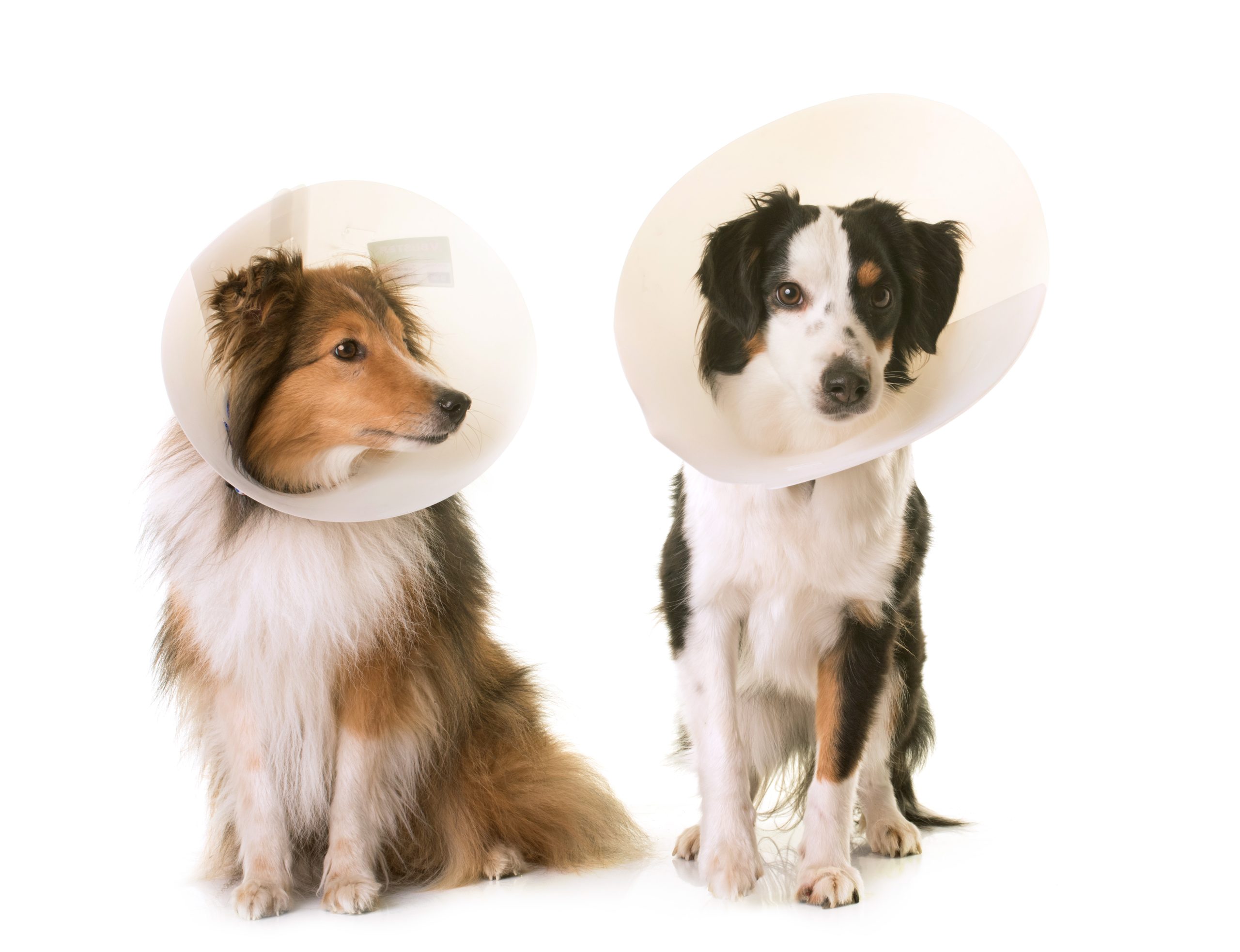Why should you have your dog spayed?
Spaying your dog is something that you may be considering for your dog. This may be your first time owning a dog and have a lot of questions. There are many things to consider, such as how the procedure will be performed, the risk and cost of surgery and recovery time. This article contains answers to these common questions.
There are many great benefits to having your dog spayed, and it is very important to know all the details before making this decision. Spaying, a female dog is a common procedure performed at a veterinary clinic.
The difference in Spaying and Neutering
Spaying is removing the reproductive organs, such as the ovaries and uterus. Neutering is commonly used for removing the testicles in male dogs but can also be gender neutral so it can, in fact, be used for a male or female.
What is the difference between an ovariohysterectomy and an ovariectomy?
Most veterinarians perform a procedure known as an ovariohysterectomy. This is where both the uterus and ovaries are removed. Some veterinarians will only remove the ovaries. This is known as an ovariectomy. Both surgeries are very effective in preventing unwanted litter.
Why should you spay your dog?
There are many great benefits to having your dog spayed. These are some of the most common reasons.
• Overpopulation: By spaying your dog, you are helping decrease the number of unwanted litters and dogs in shelters.
• Mammary cancer: By spaying your dog early, you will decrease the chance of mammary cancer.
• Pyometra: A Pyometra is an infection in the uterus that can be prevented by spaying your dog. During your dog’s spay, the uterus will be removed and hence cannot become infected.
• Stop unwanted guests: By spaying your dog, there will no longer be male dogs entering your yard unexpectedly trying to mate with your dog.
What age should you spay your dog?
The most common age to spay or neuter your pet is around six months of age. Many different factors would influence when you should spay and neuter your dog. Large to giant breed dogs tend to mature later in life, and some people will wait until the dog is fully grown before spaying and neutering.
Many veterinarians will advise that you should spay your dog before their first heat cycle, while your dog’s first heat cycle can be anywhere between 5 and 10 months. The reason that your veterinarian advises that your female dog be spayed before their first cycle is to reduce their risk of developing mammary cancer. By spaying your dog early, you will decrease your chance of mammary cancer by about 90%.
Before you spay your dog, your veterinarian should have a complete health checkup. This is to make sure that there are no underlying conditions that would cause your dog not to have a successful surgery.
 Recovery of your dog after spaying?
Recovery of your dog after spaying?
After your dog’s surgery there are certain things that you need to do to help them quickly recover.
• At Oasis Vet, your dog can return home on the same day.
• Keep your dog inside for 10 days after surgery.
• Keep your dog calm and quiet, not allowing them to run and jump around.
• Make sure that your dog cannot lick their incision. You may have to use an Elizabethan collar.
• Look at the incision each day and let your vet know of any problems, smells, or discharge.
• Do not bath your dog for 10 days after surgery
• Notify your vet immediately if they are lethargic, not eating, vomiting, or diarrhea.
If you notice any problems, make sure you let your veterinarian know right away. If you do not follow all your veterinarian’s aftercare instructions, your dog can have complications.
Make sure that your pet receives their pain medication after the procedure. This may only be needed for the next 3 to 4 days. A good way to tell if your dog is painful is to monitor their activity. If your dog is not active, they are usually painful. Even if your dog wants to be very active, they should still be confined for 10 days post-surgery.
Is surgery risky?
No surgery is without risk. The veterinarian will examine your dog before surgery. Your dog will be under general anesthesia and monitored with fancy monitoring equipment. Your veterinarian will want you not to feed your dog after 12 midnight. This helps prevent them from vomiting during surgery. Make sure to follow these pre-op instructions for a successful surgery.
How much Does It Cost to Spay Your Dog?
The cost of surgery will vary greatly on where you live but usually is between $350 and $700. The difference in price will be dependent on the size and breed of your dog, the clinic you go to, and what all is done, such as pre-op blood or other services. Your veterinarian can get you the break down for this procedure.
While not all surgery is without risk, the reasons to have your dog spayed are the best for your dog. By spaying your dog, your dog will be much healthier and live a happy and long life.